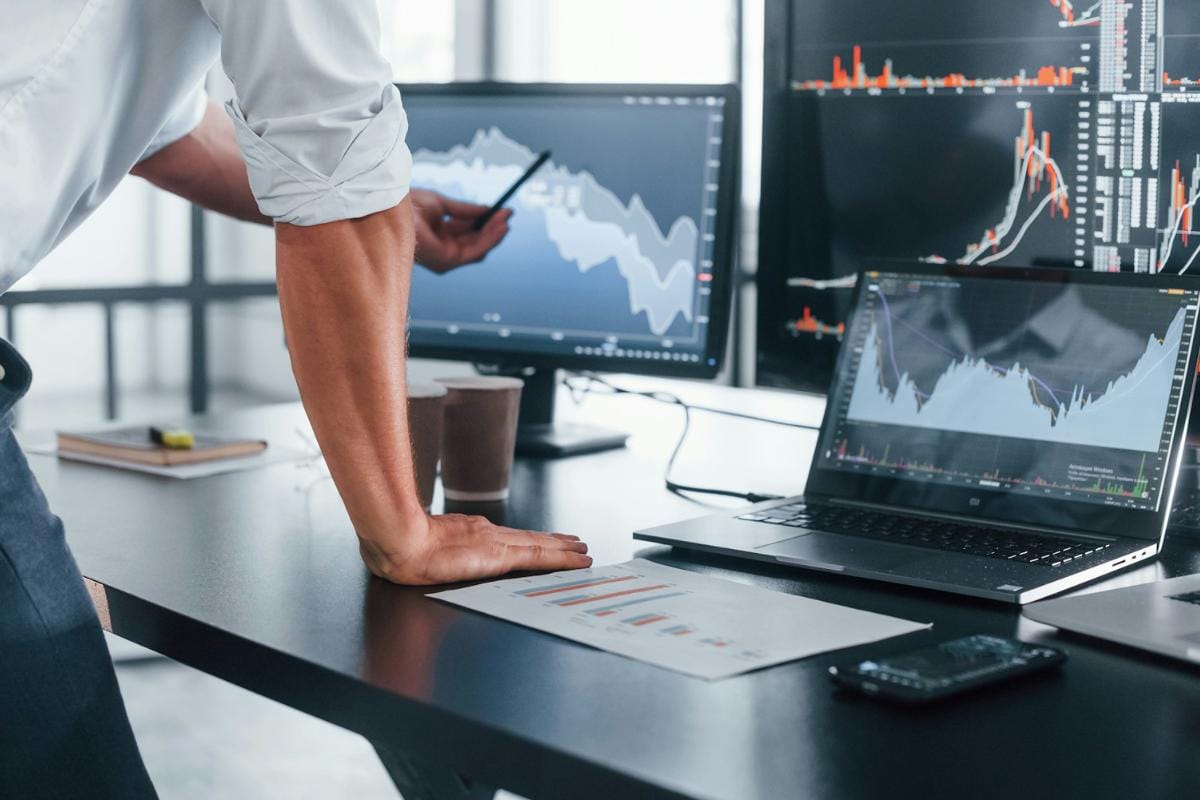Manager versus machine in numbers
The table below shows the percentage of active funds that have beaten the average passive fund in the seven popular equity sectors across three time periods.
Active fund performance is often compared to that of a benchmark index, but our Manager versus Machine report uses passive funds as a yardstick instead, because in the real world, investors don’t have the option of buying the index, they can only gain exposure through trackers. The figures therefore indicate whether it’s been better to be an active or index investor in each sector.
| % of active funds outperforming passive | |||
| IA sector | 2021 YTD | 5 year | 10 year |
| Asia Pacific Ex Japan | 26% | 44% | 63% |
| Europe Ex UK | 53% | 46% | 64% |
| Global | 25% | 40% | 30% |
| Global Emerging Markets | 50% | 63% | 72% |
| Japan | 47% | 61% | 64% |
| North America | 19% | 32% | 22% |
| UK | 41% | 71% | 85% |
| TOTAL | 34% | 51% | 56% |
Sources: AJ Bell, Morningstar, total return in GBP to 01/12/2021
Tech domination tightens
“Active performance in the US and Global sectors has been particularly disappointing, but that may partly be down to the increasingly concentrated nature of the S&P 500, because the US stock market itself has become increasingly dominated by a small cluster of tech names. These tech titans are now the seven biggest companies in the US market, and by extension in the global market. While not all have prospered over 2021, as a group they have tightened their grip on the US stock market. Together they make up 27% of the S&P 500, up from 24% at the beginning of 2021.
“US active managers find themselves between a rock and a hard place when it comes to participating in the hegemony of the tech titans. In order to have an overweight position in these stocks, an active manager running a US fund would have to allocate over 27% of their portfolio to these seven companies. That’s a pretty punchy active position to be imposed on a fund manager purely by market leadership. Even if an active manager were to hold the 27% to maintain a market weighting in these stocks, that’s over a quarter of their portfolio that’s simply pegged to the market, which would actually be losing ground against a comparative tracker fund because of the higher charges associated with an active approach. On the other hand, any US active manager who had dared not to hold any of these stocks over the course of 2021, would have found themselves facing some uncomfortable questions around performance.
“The increasing concentration of large parts of the global stock market capitalisation in a limited number of companies operating in technology driven industries should be cause for concern for active and passive investors alike. The melt up in the US market has relied heavily on exceptionally strong performance from these few large tech stocks. Given their heavy weighting in US and global indices, a turnaround in fortunes for a relatively small number of companies could therefore inflict significant damage on the global stock market as a whole.”
| S&P 500 tracker weight % | |||
| 2nd Dec 2021 | 31st Dec 2020 | 2021 YTD share price growth | |
| APPLE INC | 6.6 | 6.7 | 24.2 |
| MICROSOFT CORP | 6.4 | 5.3 | 48.4 |
| ALPHABET | 4.3 | 3.3 | 61.7 |
| AMAZON COM INC | 3.9 | 4.4 | 5.7 |
| TESLA INC | 2.3 | 1.7 | 55.2 |
| NVIDIA CORP | 2.1 | 1.0 | 141 |
| META PLATFORMS | 1.9 | 2.1 | 13.7 |
| Total | 27.3 | 24.4 | N/A |
| S&P 500 | N/A | N/A | 23.3 |
Sources: AJ Bell, SharePad, iShares.com














